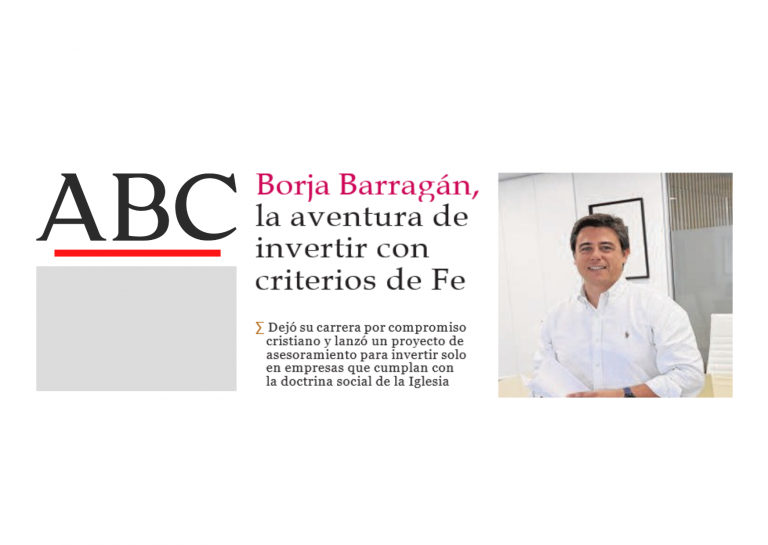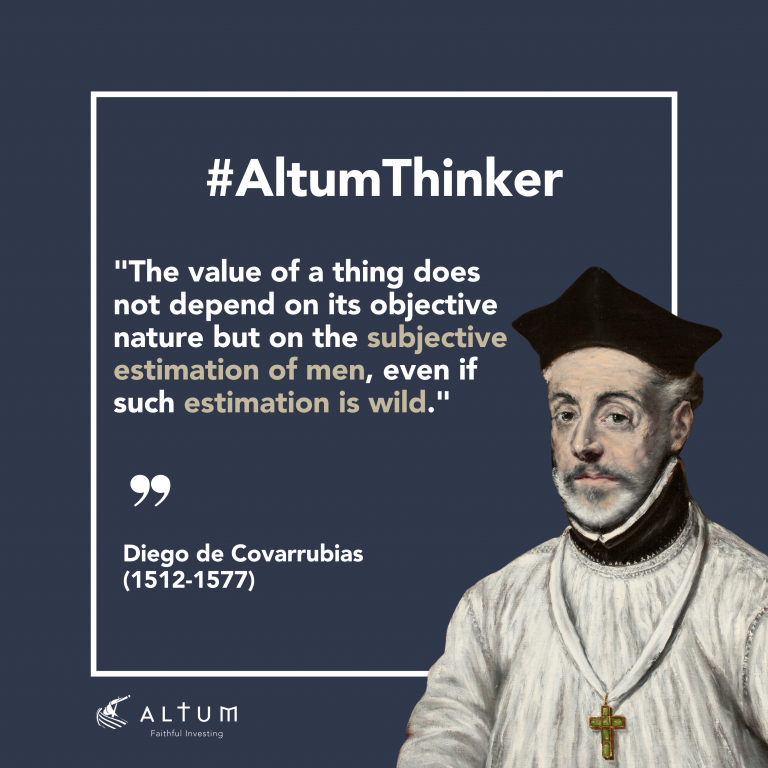Upon the teaching and the tradition because:
1. It is contrary to the unity of marriage and to the dignity of the procreation of the human person.
2. Represents an objective failure to meet the obligations of maternal love, of conjugal fidelity, and of responsible motherhood.
3. It offends the dignity and the right of the child to be conceived, carried in the womb, brought into the world, and brought up by his own parents.
4. It sets up, to the detriment of families, a division between the physical, psychological, and moral elements that constitute those families.[1]
Additionally, Pope Francis stated last week:
“In this regard, I deem deplorable the practice of so-called surrogate motherhood, which represents a grave violation of the dignity of the woman and the child, based on the exploitation of situations of the mother’s material needs. A child is always a gift and never the basis of a commercial contract,”
In recent years, the corporate world has seen a surge in benefits programs supporting employees financially in their surrogacy journeys. Companies have expanded their benefits to cover surrogacy expenses, yet it is crucial to question the moral stance these actions convey.
As professionals and individuals, we hold the power to choose which practices and companies we support with our investments.
The alignment between our values and our investments should be reflective of our commitment to uphold human dignity and ethical standards.
[1] (DONUM VITAE Instruction on Respect for Human Life in Its Origin and on the Dignity of Procreation Replies to Certain Questions of the Day 22 February 1987)




